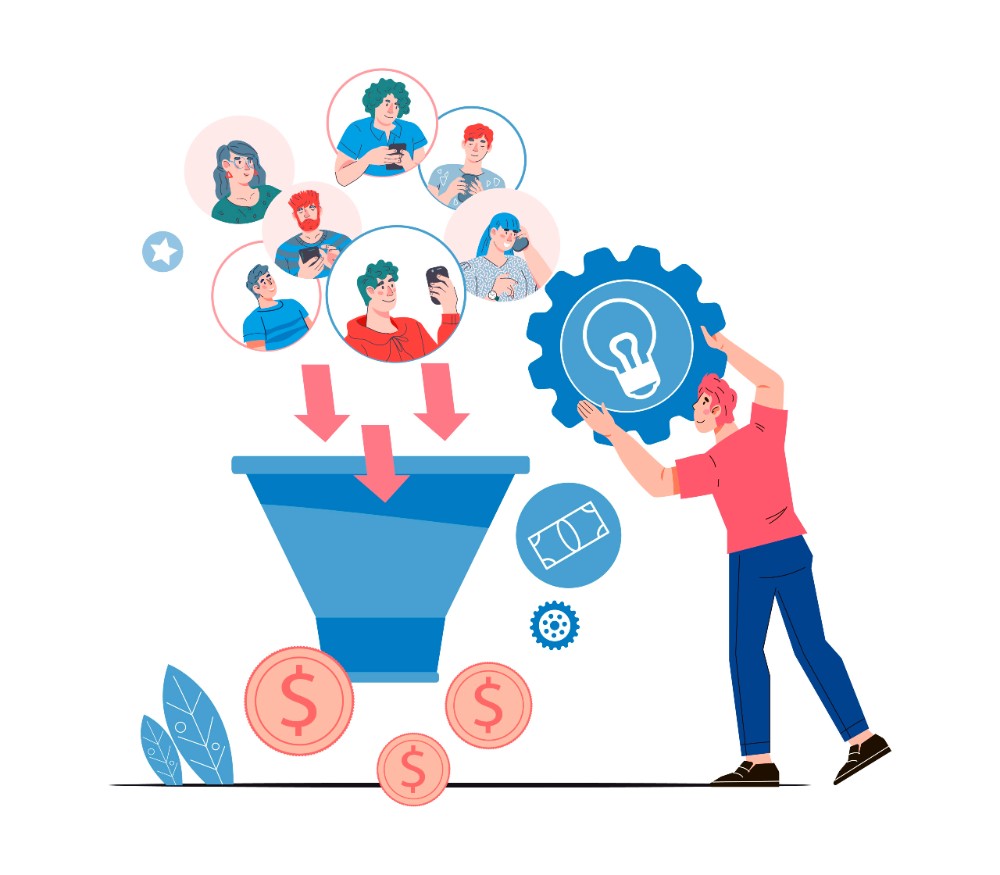How can companies build teams that are both future-ready and socially responsible? In a world shaped by automation, demographic shifts, and global competition, the organizations that thrive are those capable of developing sustainable talent pipelines systems that continuously cultivate skills and leadership from within local communities. Instead of relying solely on global recruitment or short-term contracting, sustainable talent strategies focus on local empowerment, training, mentorship, and fair access to opportunities.
This approach strengthens not only organizations but also the local economies where talent lives and works. According to the World Economic Forum, 50% of workers will need reskilling by 2027, while demand for digital and remote collaboration skills continues to grow. When companies invest in local talent development rather than importing talent or outsourcing in a transactional way, they contribute to long-term resilience both economically and socially.
This article explains why sustainable talent pipelines matter, how local empowerment fosters resilience, and what practical steps organizations can adopt to move from short-term staffing to long-term shared growth.
What Is a Sustainable Talent Pipeline and Why Does It Matter?
A sustainable talent pipeline is a long-term approach to workforce development where companies invest in continuous training, mentorship, and local skill-building rather than relying on reactive hiring. The goal is to ensure that talent remains adaptable, resilient, and aligned with future skill demands.
This matters because job markets are changing rapidly. Automation and AI are transforming nearly every industry, leading to constant skill shifts. Organizations that fail to prepare their workforce risk skills gaps, lower productivity, and higher turnover.
Key benefits include:
- Stable, predictable access to skilled workers
- Reduced recruitment and turnover costs
- Stronger organizational culture and loyalty
- Greater resilience in times of economic or technological disruption
According to McKinsey, businesses with strong talent development strategies are 2.4× more likely to outperform their competitors in productivity and innovation.
How Does Local Empowerment Strengthen Workforce Resilience?
Local empowerment strengthens resilience by giving communities the capabilities, confidence, and tools needed to adapt to change. When talent is developed from within, companies benefit from workers who understand cultural context, local challenges, and long-term growth goals.
Empowered talent is more loyal and more stable, reducing the risks associated with turnover. It also creates ripple effects supporting families, small businesses, and community development.
For example, in East Africa’s digital outsourcing sector, training initiatives supported by development agencies and private partners have enabled hundreds of thousands of young professionals to enter global service markets remotely, strengthening national economies without requiring migration.
Local empowerment works because it:
- Creates shared value rather than extractive value
- Encourages long-term career progression
- Improves workforce agility through continuous learning
What Role Does Training and Upskilling Play in Sustainable Hiring?
Training and upskilling are core pillars of sustainable talent pipelines. Instead of hiring only for current skillsets, resilient organizations train workers to grow into new roles as technologies and market conditions evolve.
According to the LinkedIn Future of Work Report 2024:
- Employees who receive continuous training are 80% more likely to stay within the organization.
- Companies that invest in employee development reduce turnover by up to 60%.
Effective upskilling programs include:
- Technical and digital skills development
- Communication and leadership training
- On-the-job learning supported by mentorship
- Clear career paths and progression steps
This ensures that workers are not just employable today but future-ready.
How Do Sustainable Talent Pipelines Support Global Competitiveness?
Companies with sustainable pipelines are better positioned to compete in global markets. They are more adaptable, innovative, and capable of delivering consistent quality.
Global resilience is achieved when organizations have:
- Diverse talent sources
- Distributed teams that reduce operational risk
- Agile workforce capabilities that respond to change
During crises such as pandemics, supply chain disruptions, or geopolitical tensions companies with empowered, remote-ready, multi-skills talent pools maintain performance while others struggle.
This is why the International Labour Organization (ILO) emphasizes sustainable workforce development as a strategic component of global competitiveness.
Case Example: Talent Development in Africa’s Digital Workforce
Across Africa, digital outsourcing hubs are emerging not as cheap labor markets but as innovation ecosystems. Countries like Kenya, Mauritius, Senegal, and Rwanda are investing heavily in ICT training, remote work infrastructure, and entrepreneurship support.
Programs such as:
- Digital Job Hubs
- University–Industry training partnerships
- Remote work placement platforms
…are enabling thousands of young professionals to participate in global markets without leaving their communities.
This model reduces brain drain, increases local income circulation, and creates multi-layered social impact.
In short: when companies hire and develop talent locally, economies grow sustainably.
Building sustainable talent pipelines is not just a workforce strategy it is a social and economic commitment. By empowering local communities through training, mentorship, fair employment, and long-term career paths, companies strengthen not only their internal capabilities but also the resilience of the global workforce.
In a world where change is constant, organizations that invest in people not just positions will lead the future.
The time to shift from extractive hiring to empowered collaboration is now.
FAQ – Sustainable Talent Pipelines and Local Empowerment
Because it builds long-term capabilities, reduces turnover, and strengthens community resilience, rather than relying on short-term labor solutions.
Not in the long run. Companies that train employees internally save on recruitment, onboarding, and turnover costs.
Yes even simple mentorship and skill-sharing programs can create long-term value without large budgets.
It creates stable, adaptable talent bases capable of responding to economic and technological shifts, reducing dependence on volatile labor markets.
Tech, BPO, renewable energy, manufacturing, logistics, and any sector facing rapid digital transformation.
Absolutely it allows skilled workers to participate in global markets without leaving their local communities.

👉 Contact us to discuss your project and avoid the pitfalls of international outsourcing, or explore our tech platform at: www.breedj.com




